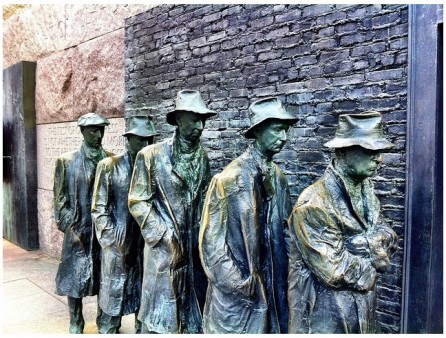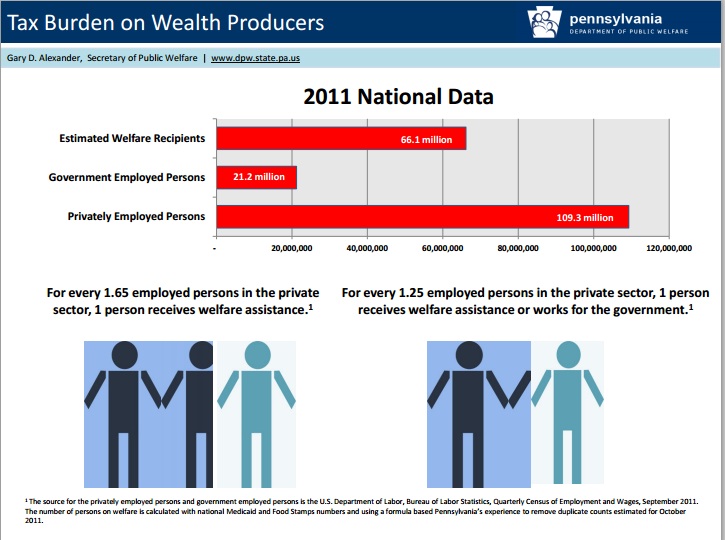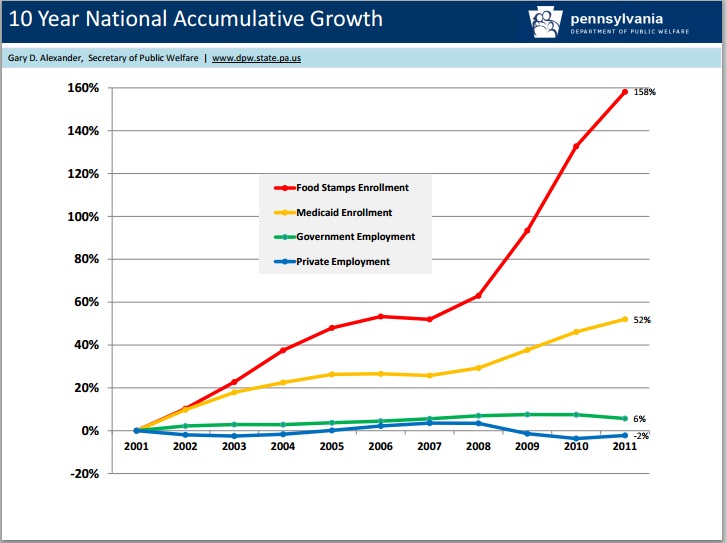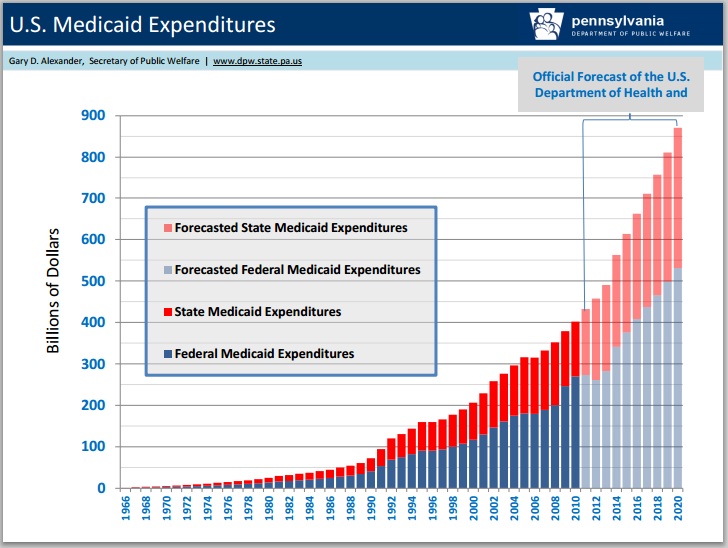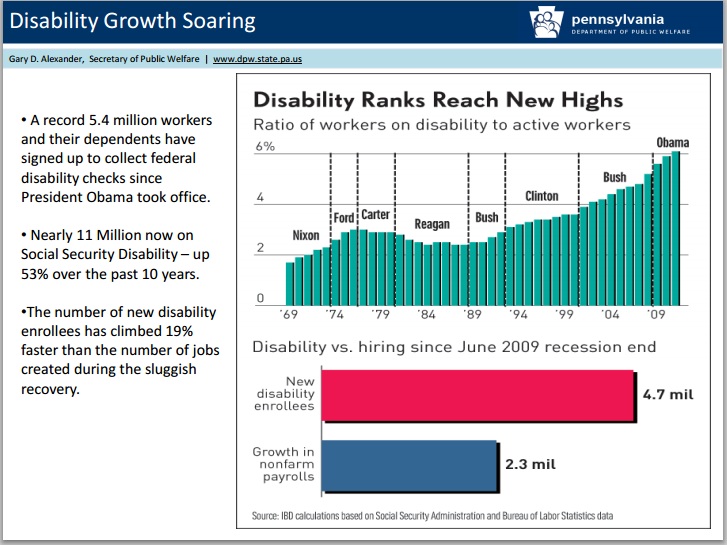Jennifer Valentino-Devries reported on a case involving the recently expanded US Patriot Act in a recent Wall Street Journal. In this case, an unnamed telecom company, a recipient of an FBI National Security Letter, is objecting to the letter and the demands in it, which are, in essence, to turn over to the FBI whatever the latter demanded, based on…well, because FBI inquiring minds want to know.
The Patriot Act has a lot of good things in it, but it grants a dangerous level of power to the government, also. NSLs, for instance, don’t require a judge’s prior approval, as a search warrant does. In fact, the company’s representative who physically receives the NSL is “legally” barred from even acknowledging the letter’s existence except to company lawyers. The FBI’s secret demand is good enough; we’re to take their word for it. Here, just to confirm the danger of such star chamber power, the FBI’s response to the telecom’s protest was to instruct its victim to sit down, shut up, and deliver the goods. Or else.
The US Department of Justice fired back with a serious accusation. It filed a civil complaint claiming that the company, by not handing over its files, was interfering “with the United States’ sovereign interests” in national security.
As far as I’m concerned, this is grounds for dismissing the Government’s claim and its letter with prejudice. It is never out of order to defend one’s rights.
Leaving that aside, though—the FBI’s case, nor its NSL, have not been dismissed out of hand—the opposing positions are starkly apposite:
[T]he company is arguing, among other things, that the gag orders associated with most of these letters improperly restrain speech without a judge’s authorization.
On the other hand,
The FBI says it must maintain the secrecy of national security letters to avoid tipping off potential terrorists.
This gives the game away. DoJ has said in its filings
The object of the nondisclosure provision is not to censor private speech[.]
This is just a cynical red herring: the 1st Amendment isn’t there to protect private speech. It’s there to protect public, political speech.
Finally, Stephen Vladeck, a professor at American University Washington College of Law and an expert on terrorism law says about this case
It raises a question Congress has been trying to answer: How do you protect the First Amendment rights of an NSL recipient at the same time as you protect the government’s interest in secrecy?
The 1st Amendment rights to free speech and to petition the Government for a redress of grievances are specifically intended to allow the sovereign people, individually or collectively, to rein in an overreaching government. The government’s interest in secrecy plainly is subordinate to those sovereign rights—which it is the government’s duty to defend, not its duty to attack those who insist on them.

